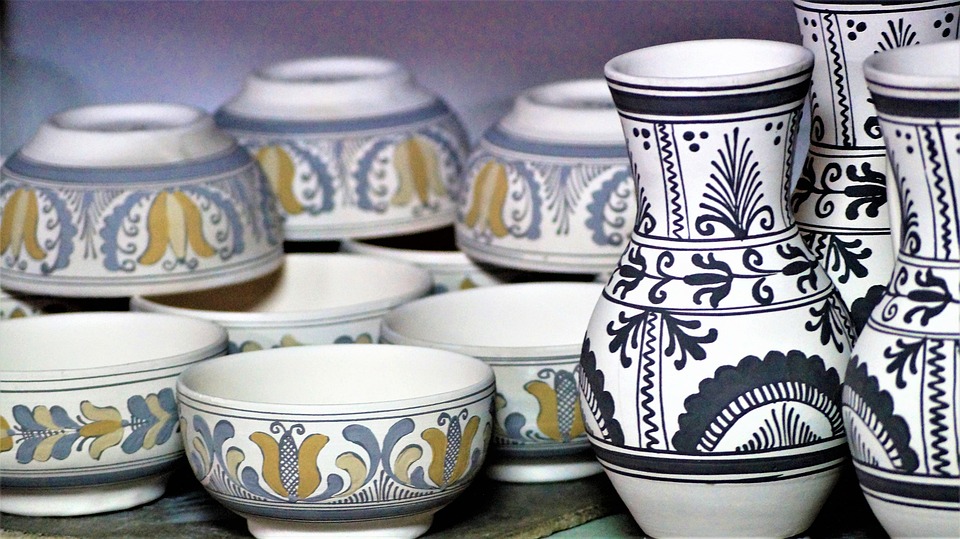In a rapidly changing world dominated by technology and globalization, it is becoming increasingly important to preserve and revive folk traditions. These traditions are an essential part of our cultural heritage, passed down from generation to generation, and help to shape our sense of identity and belonging. Unfortunately, many folk traditions are at risk of being lost as they are often seen as outdated or irrelevant in today’s society. However, efforts to preserve and revive these traditions are crucial in maintaining our cultural diversity and connecting us to our roots.
Why Preserve Folk Traditions
Folk traditions are more than just quaint customs or practices – they are a reflection of our cultural history and values. By preserving these traditions, we are able to maintain a connection to our past and ensure that our heritage is not forgotten. Folk traditions also serve as a way to foster a sense of community and belonging, as they often bring people together in celebration and shared experiences. Furthermore, folk traditions are a form of cultural expression that can help to promote understanding and appreciation of different cultures.
Cultural Diversity
One of the key reasons to preserve and revive folk traditions is to ensure that our cultural diversity is maintained. Every culture has its own unique set of traditions, rituals, and practices that are passed down through the generations. These traditions are an important part of what makes each culture distinct and should be celebrated and preserved. By embracing and promoting folk traditions, we are able to showcase the rich tapestry of human culture and promote greater understanding and appreciation of diversity.
Sense of Identity
Folk traditions play a crucial role in shaping our sense of identity and belonging. They provide a link to our past and help to define who we are as individuals and as members of a community. By preserving these traditions, we are able to maintain a sense of continuity with our ancestors and ensure that our heritage is not lost. This sense of identity can be a source of pride and strength, helping us to navigate the complexities of the modern world with a strong sense of self.
Ways to Preserve Folk Traditions
There are many ways in which folk traditions can be preserved and revived in the modern world. One of the most effective ways is through education and awareness-building. Schools and community organizations can play a crucial role in teaching young people about their cultural heritage and the importance of preserving folk traditions. By incorporating these traditions into educational curricula and community events, we can ensure that they remain relevant and meaningful to future generations.
Another important way to preserve folk traditions is through documentation and research. By recording and documenting these traditions, we can ensure that they are not lost to history. This can involve everything from writing down folk songs and stories to recording traditional dances and rituals. By creating a record of these traditions, we can ensure that they are preserved for future generations to enjoy and learn from.
In addition, supporting local artisans and craftsmen who practice traditional crafts is another way to preserve folk traditions. By buying handmade goods and supporting local artisans, we can ensure that traditional skills and techniques are passed down through the generations. This not only helps to keep these traditions alive but also provides economic opportunities for those who practice them.
Challenges in Preserving Folk Traditions
While there are many benefits to preserving and reviving folk traditions, there are also challenges that need to be addressed. One of the main challenges is the perception that these traditions are outdated or irrelevant in the modern world. Many young people may see folk traditions as old-fashioned or boring, leading to a lack of interest in preserving them. Additionally, globalization and the influence of popular culture can lead to the homogenization of culture, making it harder to maintain unique folk traditions.
Another challenge is the loss of traditional knowledge and skills. As older generations pass away, valuable skills and knowledge related to folk traditions may be lost. It is important to find ways to pass down these skills to younger generations and ensure that they are not forgotten. This can involve mentorship programs, apprenticeships, and other initiatives to preserve traditional crafts and practices.
Conclusion
In conclusion, preserving and reviving folk traditions is essential for maintaining our cultural heritage and promoting cultural diversity. These traditions are an integral part of what makes us who we are, and by preserving them, we are able to maintain a connection to our past and ensure that our cultural diversity is celebrated. While there are challenges in preserving folk traditions, it is important to find ways to overcome these obstacles and ensure that these valuable traditions are passed down to future generations. By recognizing the importance of folk traditions and taking action to preserve them, we can ensure that our cultural heritage remains vibrant and alive in the modern world.

Leave a Reply